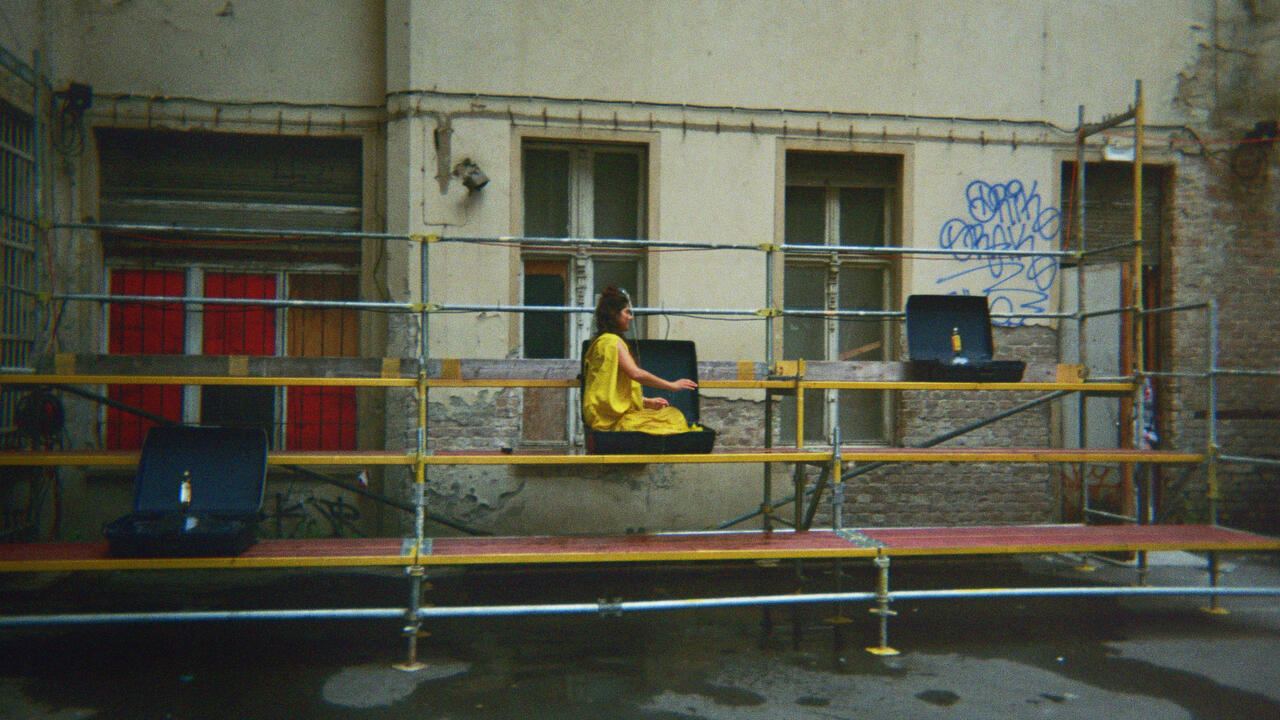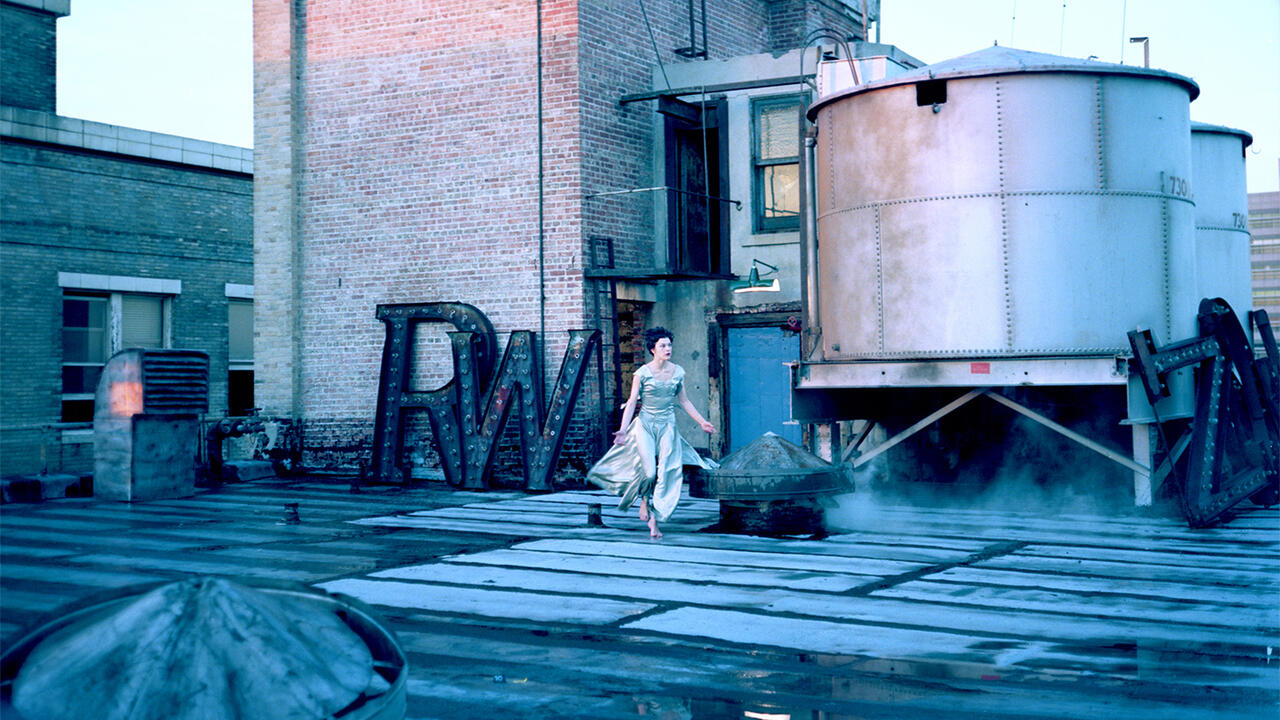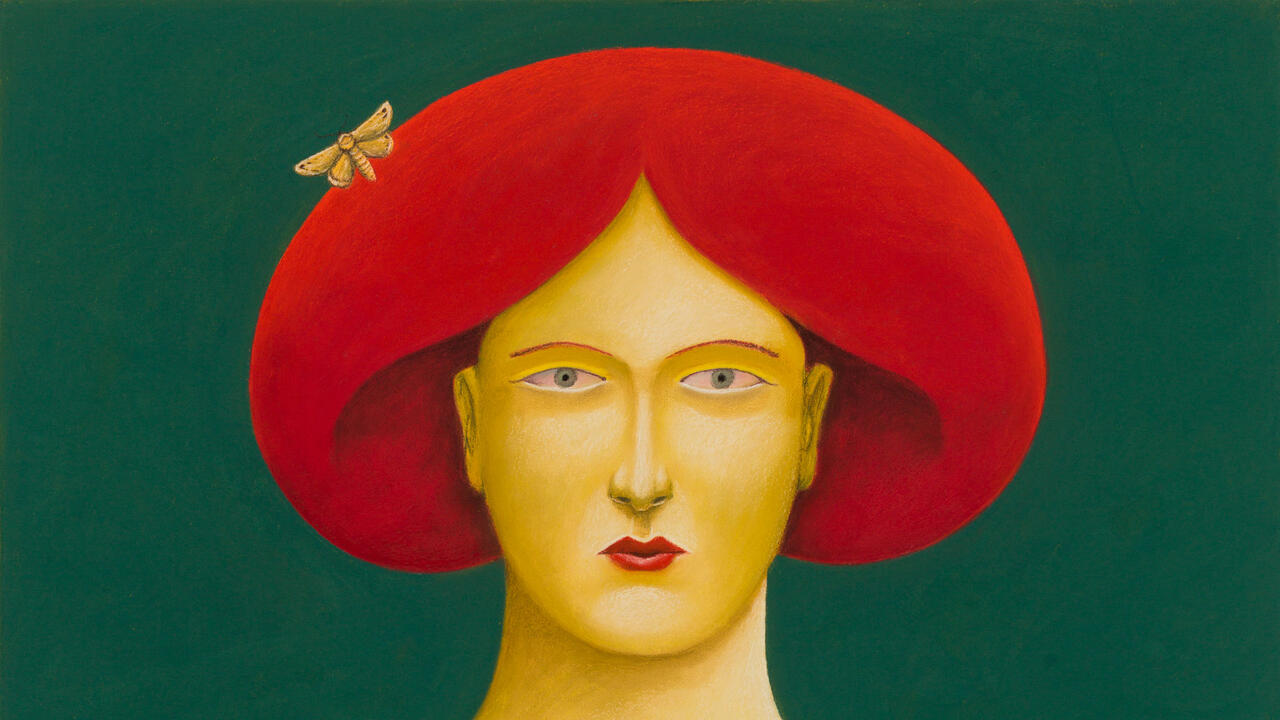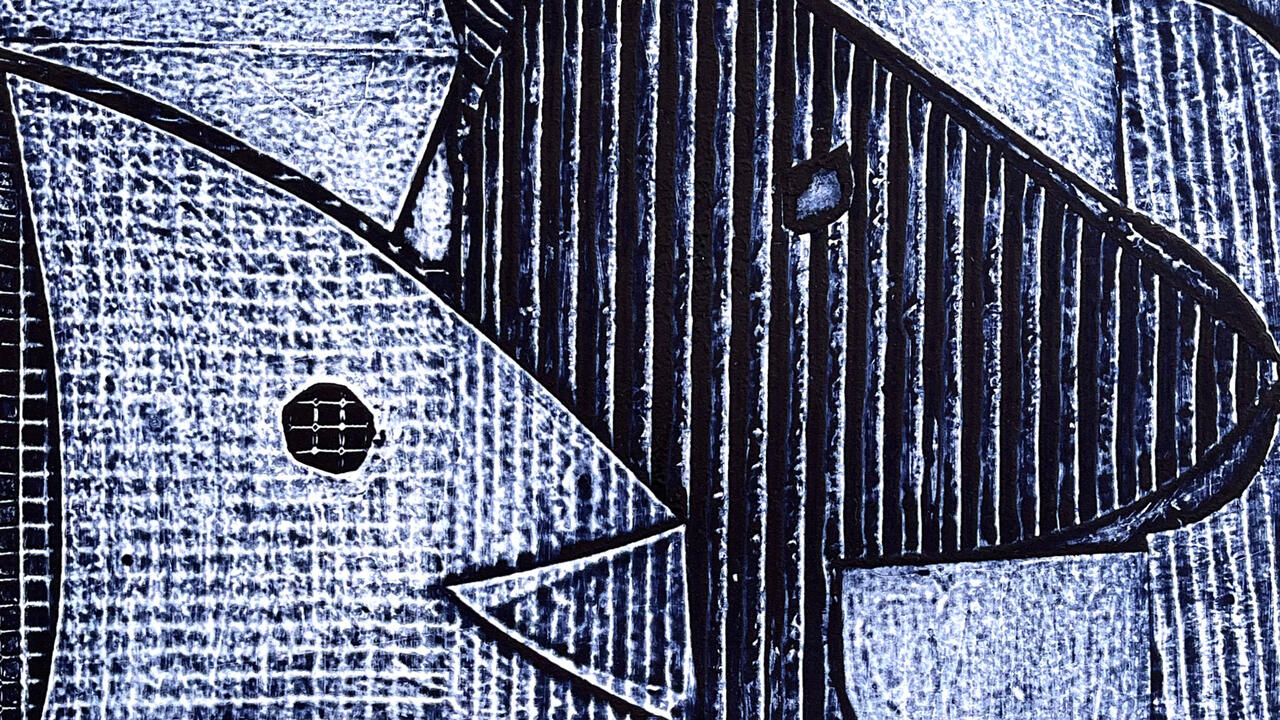Fellini at 100: Rewatching the Satirist of Machismo
From his parodies of celebrity culture to his depiction of gender identities, there is still a lot to unpack on the centenary of the film director’s birth
From his parodies of celebrity culture to his depiction of gender identities, there is still a lot to unpack on the centenary of the film director’s birth

On 20 January, cinephiles across Italy gathered to celebrate the centenary of the birth of the country’s most esteemed director, Federico Fellini. The festivities – which included a retrospective at Florence’s Odeon Cinema that I attended prior to the Covid-19 lockdown – were supposed to last into the summer, culminating in nationwide screenings of remastered 4K versions of his most famous films. Unfortunately, these plans have now been put on hold, with a couple of exceptions. In Rimini, Fellini’s birthplace, work is under way to construct a new museum to host the director’s archive materials, which is scheduled to open in December. An exhibition about his life, ‘Fellini 100: Immortal Genius’, originally due to launch in April at Rome’s Palazzo Venezia, has now been postponed until later in the year, after which it will tour to Los Angeles, Moscow and Berlin.
Sometimes, such anniversary celebrations are little more than an opportunity for navel gazing. In the case of Fellini’s legacy, though, there’s still a lot to unpack. As I rewatched some of his lesser-known works in Florence last month, I was impressed by how prescient the director was in anticipating problems associated with celebrity culture and the modern media. Above all, I was struck by his presentation of gender identities, which, while often frustrating, provide some insights that are directly applicable to contemporary debates about toxic masculinity in particular.

Fellini’s work has long been criticised by feminist writers for its normative depiction of men and women, with the latter viewed exclusively through an objectified, heterosexual, male gaze, as Laura Mulvey famously argued in her essay ‘Visual Pleasure and Narrative Cinema’ (1973). Yet, while he was undeniably chauvinistic, Fellini was also an insightful critic of Italian patriarchy. This is particularly visible in his ‘provincial comedies’ like Amarcord (1973), which I rewatched as part of the retrospective. The film’s female characters are one-dimensional, serving by and large as love interests for the male protagonists. The men, for their part, are simple, rather vulgar figures, motivated almost entirely by their need to assert power over others. One of the central protagonists, Aurelio, a typical working-class father, beats his children, shouts at his wife and generally exhausts himself trying to put food on the table. His gestures are so exaggeratedly violent, though, and so ultimately impotent, that by the end of the film his well-rehearsed tough guy act seems more farcical than it is threatening.
Fellini grew up at a time when the fascist education system was attempting to ‘redeem’ Italian men from their reputation for being lazy, ‘effeminate’ and poor soldiers. Aurelio’s pantomime machismo is not so much a comment about this specific character, then, as a vehicle through which Fellini is able to poke fun at the absurdity of the fascist state’s attempt to engender a new, ultra-virile society.

This light-hearted subversion of violent patriarchy is admirable to a certain point. One of the things that’s more unsettling about Fellini’s films, however, is his reluctance to extend this critical gaze to the domain of sexual harassment. This is particularly evident in I Vitelloni (1953), which follows a group of young, directionless slackers, who spend most of their time hassling women and trying to avoid strenuous work. While Fellini never endorses their cat calling – these are, after all comic figures – neither does he recognise this phenomenon as a form of abuse. In some of the scenes, particularly those involving the moustached alpha-male, Fausto, the director goes as far as to present stalking and groping as if they were normal, tacitly acceptable, components of heterosexual courting. Particularly in light of contemporary movements like #metoo which have sought to challenge assumptions like these, this makes for uncomfortable viewing.
At the same time, the film does offer an unusually profound analysis of how these behaviours are made permissible among men. Fausto is a compulsive liar, who hides the extent of his infidelities, and fabricates all kinds of slanderous stories about women that reject him. His friends, in turn, are quietly critical of their leader’s behaviour, but refuse to call him out for fear of compromising their roles in the masculine hierarchy. For all its flaws, the film, more than any other of Fellini’s works, provides a valuable representation of the covert power games that underpin so much of what we might now call ‘lad culture.’

Fellini is particularly skilled at writing characters he feels superior to. His most complex and problematic men, however, can be found in the films in which he seeks to confront his own life experiences. At the end of I Vitelloni, the director’s alter ego, Moraldo, leaves his hometown, apparently unable to live among such ‘small-minded’ people. As his train departs, the station boy asks where he’s going. ‘I don’t know!’ he replies. To some extent all of Fellini’s subsequent films were an attempt to answer that question. Marcello, the protagonist of La Dolce Vita (1960), finds a temporary solution in the decadence of Rome’s glamorous nightlife. Ultimately, though, his version of promiscuity, in which he both idolises women, while treating them as disposable objects, has more in common with Fausto’s behaviour in I Vitelloni than the character himself seems capable of admitting.
The same dilemma recurs in 8½ (1963), the last film I watched before the cinemas closed. Here the lead role is Guido, a famous director who likes to think of himself as a progressive individual, liberated from provincial prejudice and bourgeoise hypocrisy. Throughout the film, in a series of dream sequences – including one in which he imagines himself the ruler of a harem – he is forced to confront the uncomfortable truth that, for all his metropolitan pretensions, his desires and unconscious expectations of women remain remarkably similar to those of the rural proletariat. This revelation is potentially profound, but is negated by the film’s conclusion, in which Guido turns away from further introspection, declaring that he will never change.

This is frustrating, to say the least. Audiences can identify with the father in Amarcord and the young men of I Vitelloni, since their flawed behaviour is clearly the result of their poverty and poor education. The director’s intellectual protagonists, however, are too self-aware to merit the same kind of empathy. Fellini was sensitive to this interpretation and, towards the end of his career, began to lash out in his work at those who criticized his on-screen alter egos. In the nightmarish City of Women (1980) – which has been noticeably absent from the centenary programmes so far – the main character, Snàporaz, spends most of the film on the run from a ‘feminazi’ cult who are seeking to put him on trial for a lifetime of sexual misconduct. Supposedly a parody of what Fellini saw as the absurd polarization of debates around gender politics, the film misfires because of the director’s own, all too palpable, anxieties.
At his best, Fellini aired truths about masculinity that few before him had dared to confront. Looking back at his work as a whole, however, it’s increasingly clear that he also helped breed a new type of machismo, one which encouraged men to pay lip service to their problematic behaviour while doing nothing serious to address it. This fact alone should temper claims that his appeal is in any way universal.
‘I Vitelloni’, ‘La dolce vita’ and ‘8 ½’ can be watched on BFI Player
Main image: Federico Fellini, I Vitelloni, 1960. Courtesy: BFI, London





















